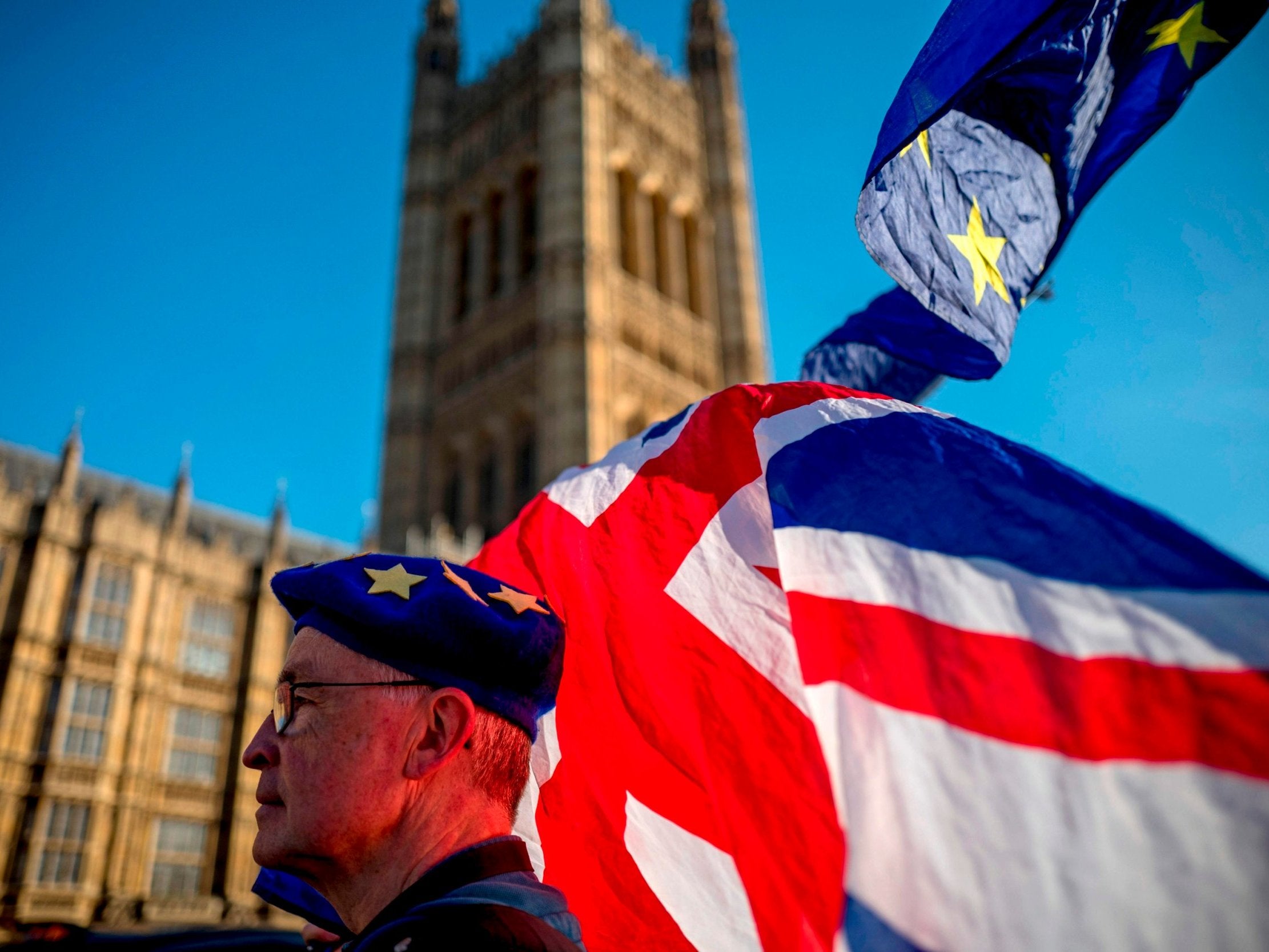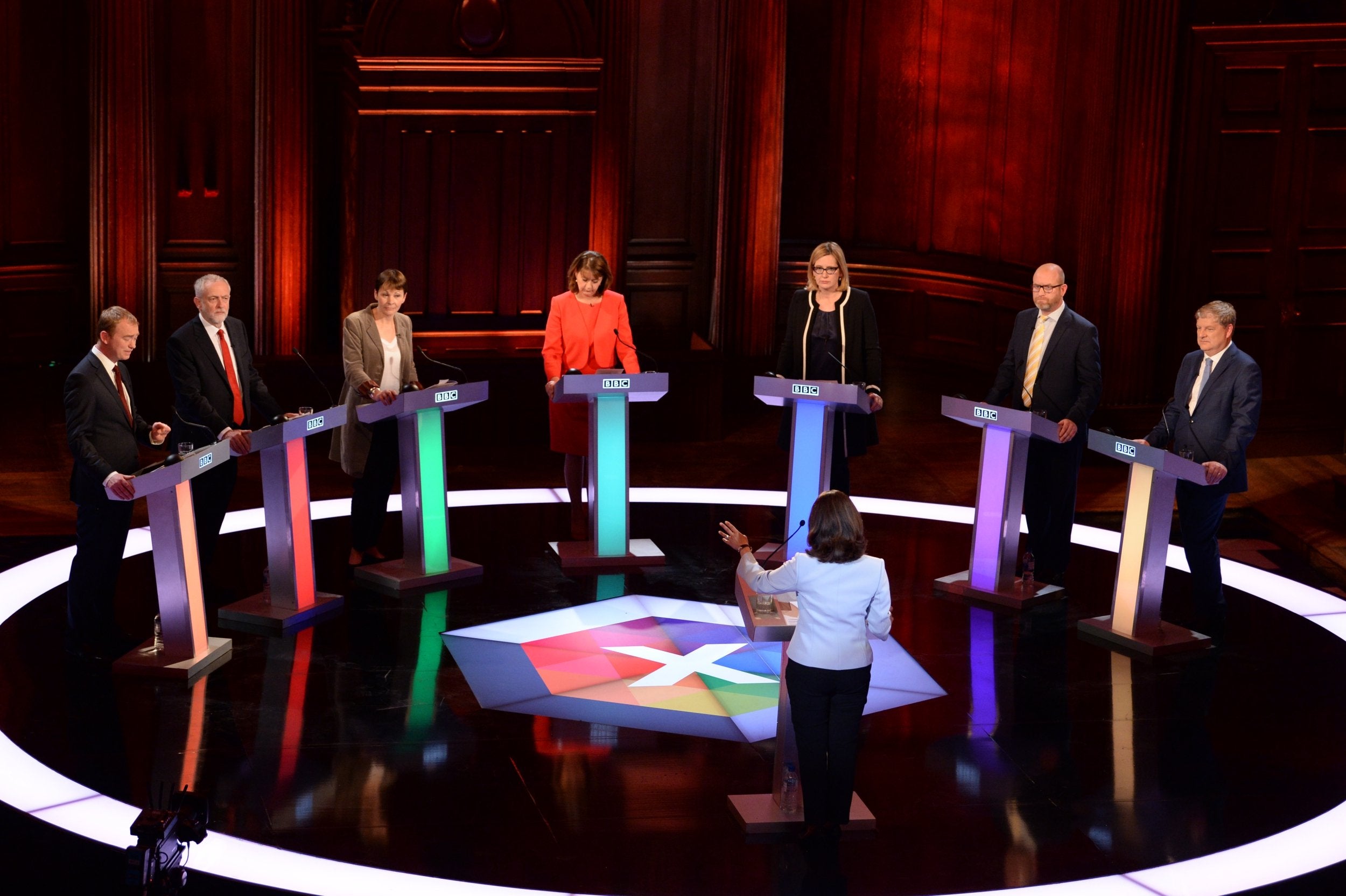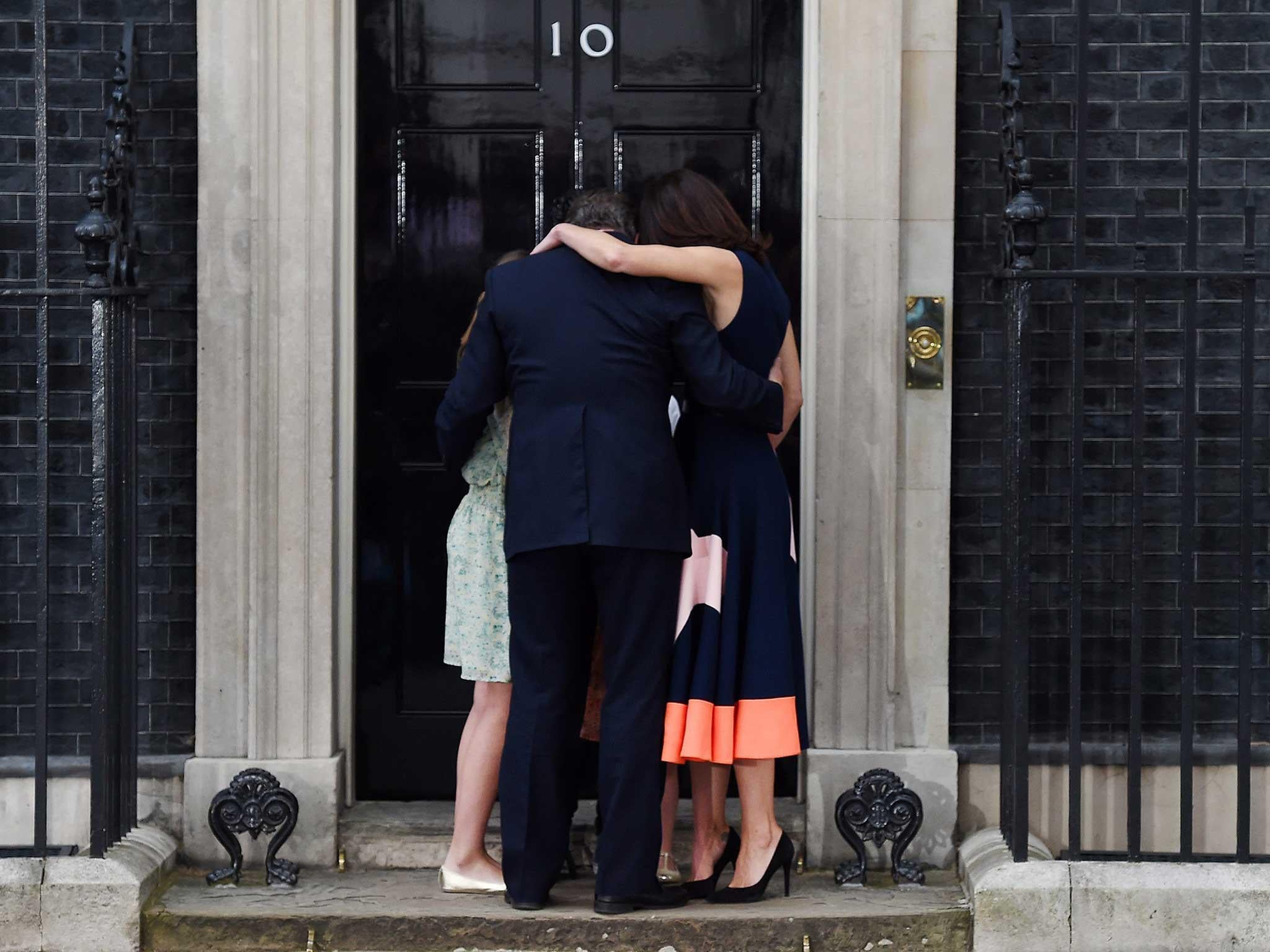Fixing Brexit: How the UK’s parliamentary system can solve our political crisis
Barristers Jonathan Cooper and Felicity Williams reflect on how Britain’s withdrawal from the EU has tested the endurance of Westminster

As the Brexit drama approaches an apparent climax, it is clear that the last two and a half years have pushed the UK’s system of government to its limits. The poorly thought through referendum process has challenged the Westminster system of deliberative and representative democracy.
The fact that the UK embarked upon EU withdrawal before there was a real plan for what that might mean, highlights the Achilles’ heel of the rumbustious UK constitution. Yet that framework also provides a means to solve the crisis.
The primary villains of the Brexit piece are those who introduced the European Union Referendum Act 2015 and those who were responsible for the conduct of the referendum. A thoughtful consultation process should have taken place to anticipate and mitigate potential problems, whatever the outcome.
But not all blame lies at the door of David Cameron and his cabinet.
All MPs bear their own responsibility. Once a referendum was instigated, it was incumbent upon every member of the House of Commons, especially those in the opposition parties, to ensure they prepared for all the potential consequences.
The process of the Brexit ballot in 2016 and what has followed, demonstrates how the everyday running of government is distorted by executive bias. The result is the perfect example of what Lord Hailsham, Margaret Thatcher’s lord chancellor, infamously called the UK’s “elective dictatorship”. MPs and the opposition become so neutered that it breeds an inertia, enabling the executive (blinded by its own sense of purpose) to pursue ill-thought-out policies without accountability.
Yet MPs are not some add-on to the UK system of government – there to be tolerated to ensure the executive is given free rein. MPs are the UK system of government. MPs are parliament. The executive is parliament’s creature.
MPs have to weigh up their response to public opinion diligently and objectively, ensuring their response is evidence based
The “sovereignty of parliament” is the founding principle of the UK’s system of government. One guiding tenet that remains absolute and unalterable is that no parliament can pass laws that future parliaments cannot change. Resorting to referendums is an option open to parliament; but a referendum result cannot, in and of itself, be binding on a parliament (although, in theory, MPs could mandate a referendum whose result was expressly intended to be binding – albeit not on future parliaments). Parliament is made up only of its members. It embodies deliberative and representative democracy.
The Brexit crisis has established an urgent need to return to the founding principles of the UK constitution.
As things stand the executive is unable to form a majority of MPs to push through its plan for EU withdrawal. MPs can, however, create a consensus amongst themselves. MPs can give government its mandate. That is neither unconstitutional nor a threat to democratic governance – even though it has been painted as such by some supporters of Theresa May. This critical balance between parliament and the executive has recently been explored by Professor Meg Russell of the UCL Constitution Unit.
Indeed, MPs are constitutionally obliged to come to our rescue. They have no choice. They cannot hide behind party discipline. To sit as an MP, they must swear an oath of allegiance to the monarch as the embodiment of the state. Politics plays no role in the oath.
MPs have three duties. The first is to act objectively in the national interest. Secondly, MPs act in the interests of their constituents. As Winston Churchill observed, an MP “is the representative but not the delegate” of her or his constituents. Party loyalty comes third. As Churchill went on to comment: “All these three loyalties should be observed, but there is no doubt of the order in which they stand under any healthy manifestation of democracy.”
In short, MPs are representatives of the people and need to act in the best interests of the nation and their constituents.
In carrying out their functions and responsibilities, MPs should therefore take into account public opinion. MPs have to weigh up their response to public opinion diligently and objectively, ensuring their response is evidence based.
There are many sources from which public opinion can be drawn. General elections are the obvious example. Referendums are also an indicator of public opinion, but many factors influence their outcome, including the content and context of the question posed. What’s more, referendums are only a poll on an issue at a particular point in time. If they are to play a decisive role in defining public policy appropriate safeguards must be built in to the process.
The flaws in the 2016 referendum have been well-documented and they continue to be the subject of litigation and criminal investigation. These flaws taint its authority.
Additionally, those supporting Leave in that referendum may have gained just under 52 per cent of the vote, but that represented 37 per cent of the electorate (which means that 63 per cent of those eligible to vote did not vote to leave the EU). This is not a mandate.
More worryingly for MPs in understanding their constitutional role in making sense of the referendum, of the four nations making up the UK, two voted to leave, two to remain (three if Gibraltar is included). All major cities with the exception of Birmingham voted to remain. The referendum result was undoubtedly a call to action, but no one other than the most hard-nosed ideologues would suggest it provided a clear basis to withdraw from the EU.
When faced with a flawed referendum coupled with an inconclusive result, MPs are required to make sense of the outcome of the referendum by acting in the nation’s best interests. They are required to stand above party allegiance as well as their personal preferences in relation to leaving or remaining in the EU.
As has become self-evident, the executive faced too many competing pressures to be able to undertake this task effectively. Nor was it its job. The executive has managed to turn the referendum into a political crisis – a challenge to political sovereignty.
We have already noted that fundamental to MPs’ response must be the fact that a referendum cannot bind parliament. To assert otherwise subverts the UK’s constitution. MPs chose to affirm the result of the referendum, but there was no obligation on MPs or the government to do that; parliament subsequently provided a power to the prime minister to notify withdrawal from the EU, but did not confer on her a duty.

Even the subsequent 2017 general election result does not constrain MPs from acting in the nation’s best interest in terms of the route ahead for Brexit.
Yes, that election was run on the basis that both main political parties committed themselves to respecting the outcome of the referendum. However, party policy evolves (as seen in recent days in the main opposition party moving to back a further referendum). MPs are required to continue to measure policies against evidence. That can, and frequently does, mean taking public policy in a different direction to outdated manifesto commitments.
This quandary in relation to electioneering goes to the heart of the UK system. Elections are held regularly, voters who are displeased with politicians have their chance to express their disenchantment then. Alternatively, politicians who have made the case that they have acted in the public interest are rewarded.
Referendums sit uneasily within the UK system, but they are not antithetical to the system, provided that they are not run in the expectation that they will, as a matter of principle, be directly acted on: otherwise that will cause a problem for our system of government. How can parliament be supreme if its decisions can be trumped by direct democracy?
Historically, this tension has not arisen because referendums have upheld the status quo and/or policies adopted by parliament. Moreover, parliamentary sovereignty has inbuilt checks and balances, absent in referendums. If MPs are required to give effect to the results of a referendum this creates the potential for a clash between representative democracy and direct democracy. Will MPs be conflicted in terms of their role in a representative democracy if they are placed in a position whereby they must implement a decision resulting from direct democracy?
How much attention should MPs pay to public sentiment outside of elections? Protest can be a highly accurate measure of the strength of public opinion. In October last year, London was brought to a near standstill by an estimated 700,000 people of all ages from all over the UK opposed to Brexit. What does that protest say about public sentiment and Brexit? MPs cannot reasonably ignore protest on such scale, especially when it is based on knowledge that wasn’t available to voters in the referendum.

The prime minister, by suggesting that MPs should not use parliamentary procedures to challenge the government and unsettle the status quo, is acting unconstitutionally (contrary to her claim that the opposite is the case). Parliament, as the supreme source of law, bestows upon the executive its power and influence. Parliament has accepted the Whitehall model of government as the day-to-day basis of administration, but that model does not diminish the role of MPs or constrain parliament’s power.
The party of government may be able to get its way by being able to whip its MPs, but the executive is not sovereign. It is always open to parliament to regain control from the executive. That power normally lies dormant but there is nothing unconstitutional in parliament resolving the current crisis relating to Brexit by asserting its authority. This principle was reaffirmed by the Supreme Court in the Gina Miller case as a standard and uncontroversial feature of the UK’s constitution.
The executive’s traditional powers depend on factors that are currently absent – namely, a single party with a majority in support of the government and disciplined political parties. The current executive does not have such a majority, relying instead on the conditional support of the DUP.
Nor can the executive rely on the doctrine of collective responsibility. This doctrine should mean that the government and governing party are of a like mind and, by convention, follow a particular line, but this is not in play in the post-referendum political world, in which rebellions are almost the norm. Usually tensions are minimised because the executive is the leadership of the governing party, and any negotiation which takes place on the detail of policy or key decisions is resolved within the governing party in private. None of this is taking place.
With the breakdown of these conventions, designed to foster confidence in government, the opposite has happened. The executive is generating much heat but shedding little light. Yet the UK faces the most significant decisions in decades; ones which will affect future generations for decades to come. MPs acting in the nation’s best interests need to work together to find their majority to resolve this crisis.
Parliamentary sovereignty is designed to address the kind of crisis in government that the UK finds itself in currently, with MPs empowered, indeed required, to step up to provide a remedy. The system, giving MPs the authority to act in the nation’s best interests, will – if given the chance – be able to resolve the present difficulties.

Ultimately, this is because all members of parliament are equal, whether they are in government or not. They all have one vote. By placing trust in MPs, not government, the UK constitutional framework allows an opportunity for a rethink.
Various options are open. The power to vote down the government via a no-confidence vote is one pathway. But, parliament’s authority also extends to being able to direct the executive to act. Thus MPs could require the government to seek an extension of the Article 50 process, stop the clock via an Article 50 revocation or to support a further referendum. Developments in recent days suggest that the government understands the power of the House of Commons after all.
Parliamentary sovereignty means what it says. Procedures (including those contained in “standing orders”) which regulate how the business of the House of Commons is managed, may be amended by a straightforward majority vote in the Commons. A custom has emerged that the government controls the agenda. In fact, it has been explicitly written into the system. It is most visible in Standing Order No 14, which states that “save as provided in this order, government business shall have precedence at every sitting”. But this rule can be changed at any time if a majority of MPs wishes to do so. It is not required to prevail.
The 2016 referendum result has not precluded recourse to a further referendum. We also now know a lot more about what the withdrawal options might be
Professor Russell of the UCL Constitution Unit has recently asked whether a minority government “should automatically enjoy the kind of power guaranteed by Standing Order 14”. It is an important question. Brexit is resulting in a national crisis and it is right that parliament should assert its sovereignty. MPs have the tools to act and resolving the consequences of the referendum is their responsibility and a duty that cannot be abdicated.
It may be that an unintended, albeit desirable, consequence of the referendum in 2016 will be the enhancing of the role of MPs for the future. Then again, if MPs conquer the challenge of resolving the Brexit crisis there is nothing to prevent the old status quo from being resumed afterwards. The government should not stand in the way of MPs taking control of Brexit, in turn, enabling the executive to fulfil its tasks of governance.
For all of us, the imperative has to be resolving the political crisis caused by the 2016 referendum. MPs acting in the national interest have the constitutional tools to do just that.
Of course, the 2016 referendum result has not precluded recourse to a further referendum. We also now know a lot more about what the withdrawal options might be. A further referendum is the clearest route to resolving the UK’s future.

The ideal upshot in 2016 would have been that parliament took proper control of the referendum’s outcome, initiating a period of consultation and deliberation. Parliament would then have proposed a way forward, acted upon by the government. Assuming that this proposal involved a mechanism to leave the EU, that proposal would then have been put to the people, via a further referendum, to decide the final outcome. Is it too late to trust MPs to resolve Brexit three years on?
So, what does parliament do next?
As now seems relatively likely, parliament must urgently require the executive to seek an extension of Article 50. If the EU will not accept an extension of Article 50 to enable parliament (finally) to take control of the process, parliament will have no choice but to demand that the government revokes Article 50. As that revocation has to be unequivocal, this will mean the Brexit project will be suspended.

To get an extension, parliament has to prove to the EU, that it is a reasonable request. It must also be for a sufficient time to ensure that a future referendum has safeguards against electoral interference and lawbreaking. In the interim, the status quo will remain and the UK will continue to be a full, active, productive member of the EU, including taking part in the elections for MEPs in the spring.
What is not in doubt is that we have to trust the UK system to find a way of resolving the crisis we find ourselves in. Can we trust MPs? We are about to find out.
Felicity Williams is a barrister at Garden Court Chambers and Jonathan Cooper is a barrister at Doughty Street Chambers
Join our commenting forum
Join thought-provoking conversations, follow other Independent readers and see their replies
Comments
Bookmark popover
Removed from bookmarks